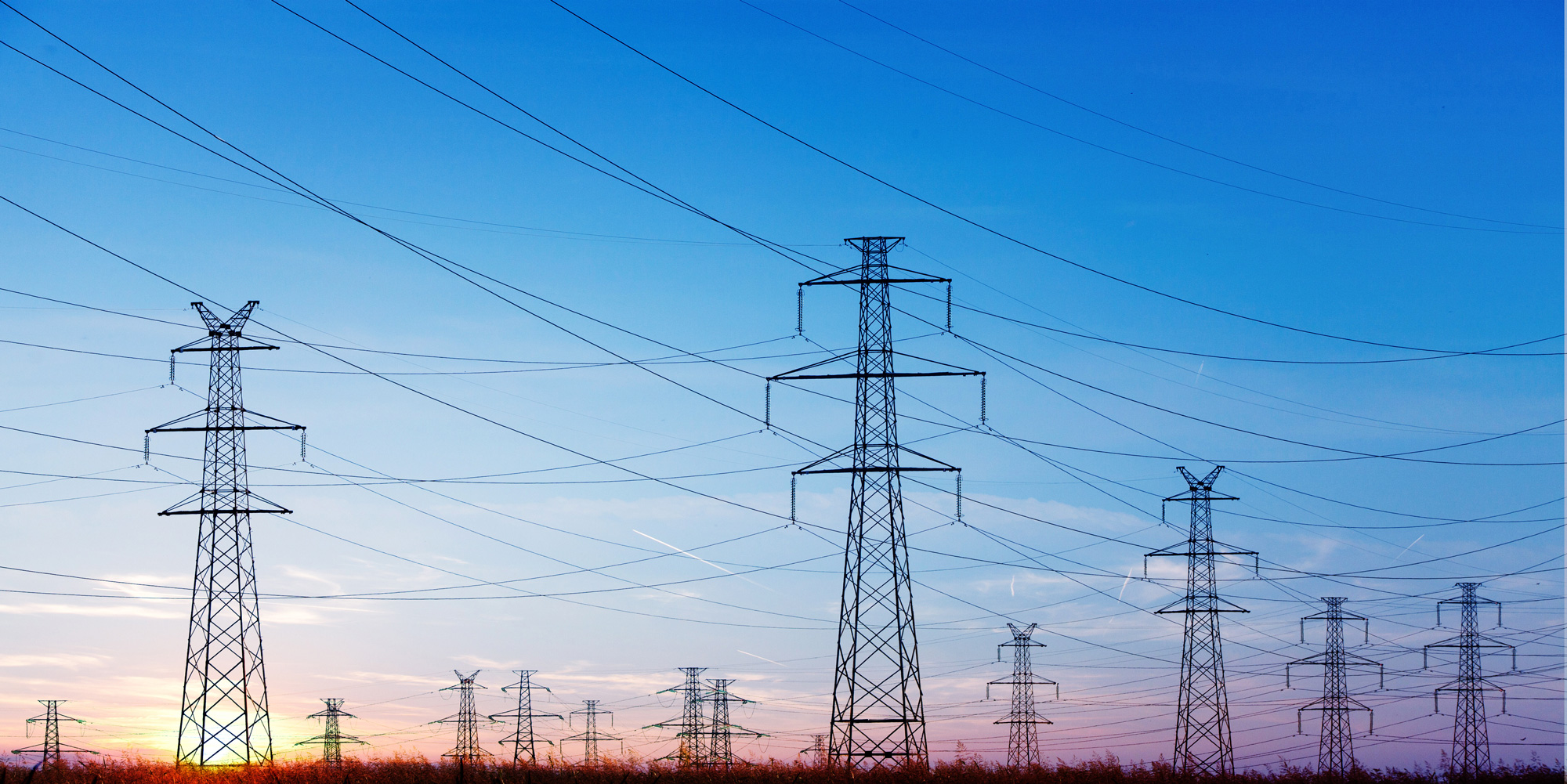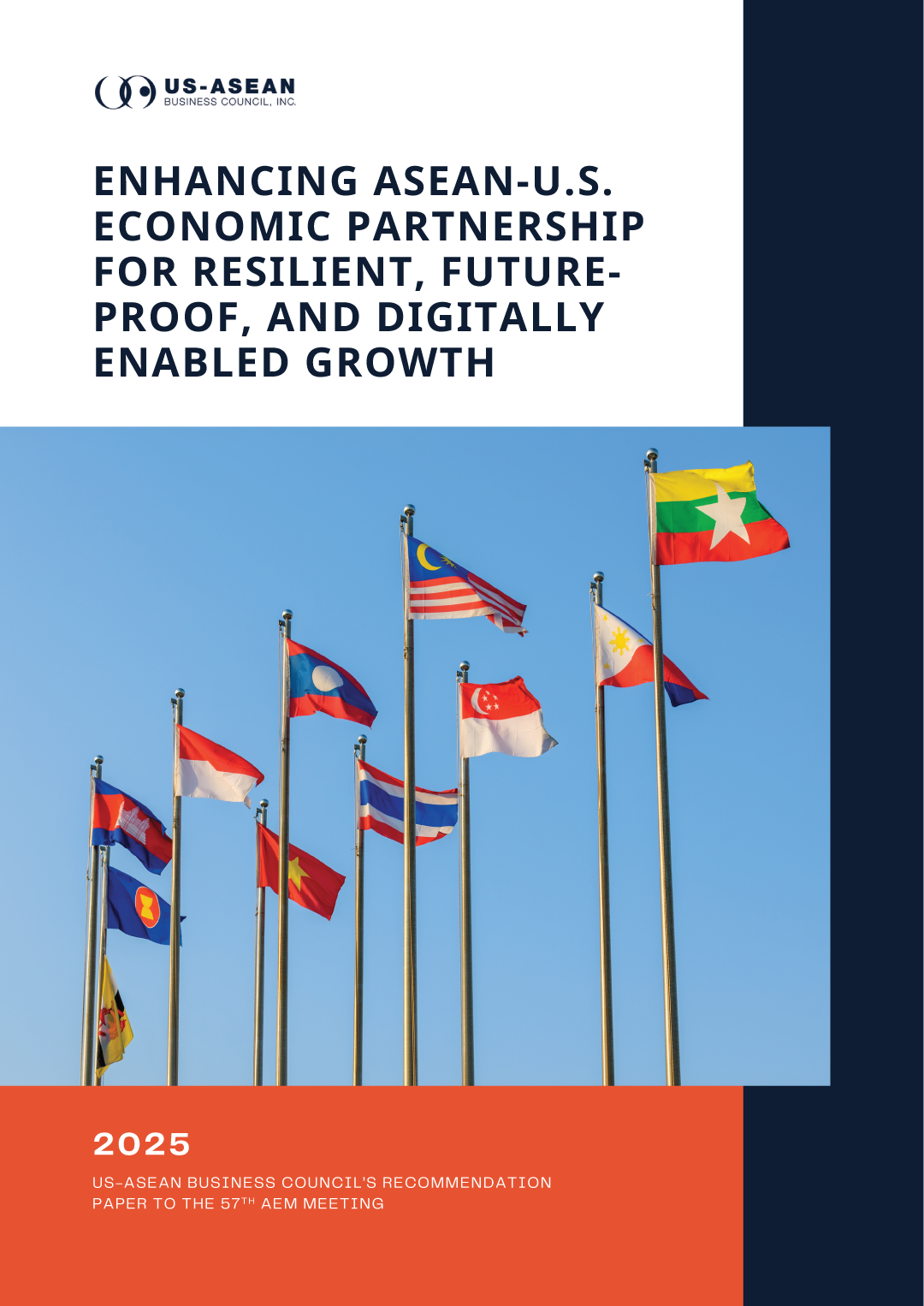Challenges to the ASEAN Energy Interconnectivity Project

ASEAN has been pushing regional energy interconnectivity as a key part of supporting progress toward renewable energy transitions despite variance in the levels of renewable resources between countries. The flagship project under this initiative is the ASEAN Power Grid. While projects like the Laos-Thailand-Malaysia-Singapore Power Integration Project have been successful, recent analysis by ISEAS – Yusof Ishak Institute reveals that unresolved issues like lack of trust, inconsistent and erratic energy policies, and the ASEAN need for consensus still plague this push and have crippled progress on power integration projects.
The potential advantages of increased energy connectivity in ASEAN are enhanced energy security through a diversified and interconnected power supply and accelerated adoption of renewable energy by allowing countries to leverage each other's natural resources. The ISEAS report suggests that these benefits may take longer to materialize than initially anticipated. There's also the risk that geopolitical tensions or shifts in national priorities could derail integration efforts. This creates a complex and uncertain environment for US companies looking to participate in regional power integration projects.






![Cover-[USABC-Final]-Driving-ASEAN-Unity-Malaysia's-Vision-for-2025](/sites/default/files/2025-07/Cover-%5BUSABC-Final%5D-Driving-ASEAN-Unity-Malaysia%27s-Vision-for-2025.jpg)


